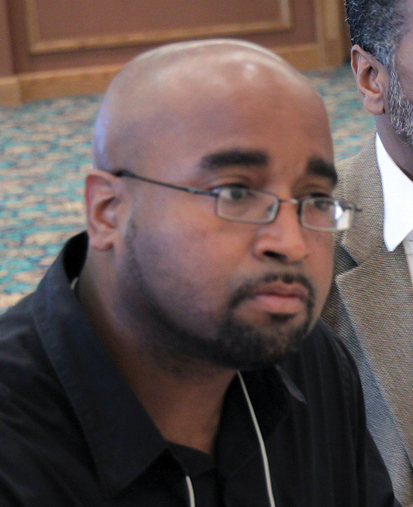|
The possibility that some UUPers may be paid less than other members because of their race or ethnicity is something the union takes very seriously.
Enter the UUP Task Force on Pay Equity Based on Race. The task force is charged with looking into whether such a situation exists. To accomplish that, task force members are working on a membership online survey that will provide them with enough data to begin its pay equity study.
The survey will be posted soon on UUP’s website at www.uupinfo.org.
According to task force member Charles Callahan III, the project’s principal investigator, it’s critical that as many members as possible answer the survey to create a data pool large enough to allow it to begin testing to see if inequalities exist.
“Participation is the primary thing,”
he said. “We’re hoping people are willing to provide this crucial information so we can make reasonable inferences about the data we collect. We need a large enough sample of members to substantiate if there are inequities.”
Task force Chair Charles Hines added, “I see this survey as a tool and it’s a positive tool. I believe this information will help everyone.”
CONFIDENTIALITY ASSURED
Hines and Callahan said that personal information submitted in the survey—members’ names, specific job titles, and other references that would allow them to be identified—is strictly confidential and will be left out of the final report.
“Anything that might be construed as personal or private information is going to be written so that no one is identified,” Callahan said. “That level of detail will be protected.”
Last year, the task force distributed a trial questionnaire to several campuses, including UAlbany, Brockport and Stony Brook HSC, but only a small number of the questionnaires were returned. That’s partly because members were worried about being identified if they responded, Callahan said.
 |
 |
| Hines |
Callahan |
HELPFUL DATA
The survey information may prove useful in other ways. “Depending on the findings, chapters may be able to use the data as a tool for retention and recruitment,” said Hines.
Plus, the information may be helpful in future UUP studies, Callahan said.
“We’re trying to build a comprehensive data set that can be used for more than one purpose to benefit the membership, and that’s important for people to know,” he said.
— Michael Lisi
|



